Doing this can surely make your kitchen area backsplash a standout. Kitchen tile backsplashes are available in great abundance nowadays. A contemporary kitchen area backsplash can easily be achieved in the kitchen of yours by using brushed surface metal tiles. Polished granite on both countertop & backsplash is perfect for attaining this look.
Images about Commercial Kitchen Backsplash

The plain kitchen backsplash floor tile layout is one that's fast to lay as well as appears elegant and simple. There are various colors, materials and designs that you can use when installing the backsplash of yours. Below you will find some ideas of the many kinds of backsplash materials as well as designs to make the kitchen of yours a spot you'll want to invest some time in.
Stainless Steel Backsplash Installation Fishersville VA
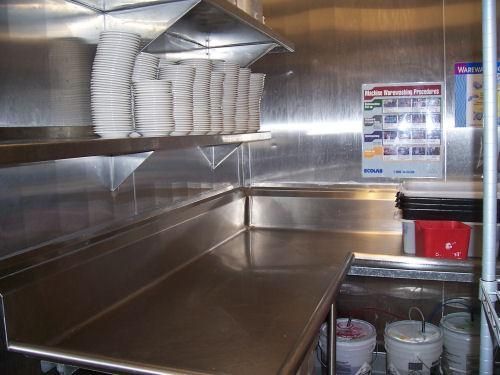
You will find a great deal of decorative cooking area backsplash tile designs to select from, so finding the best one to alternate with should not be a hard task. In case you're fed up with taking a look at the plain wall of the kitchen and then ceramic tiles, mosaic, glass and even steel could be a good idea for the cooking area backsplash.
Stainless Steel Backsplash Installation Fishersville VA
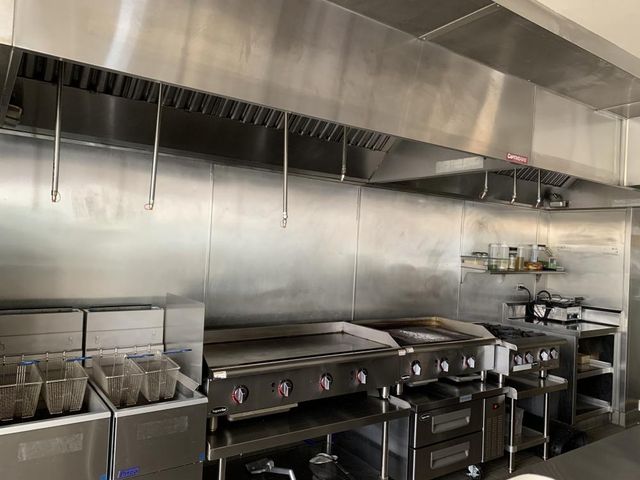
The latest cooking area backsplash really adds to the visual appeal of the kitchen, giving you the true definition of performance and design and is proven to take the general value of the home of yours. Remember that the kitchen area backsplash is an area that is probably the most exposed one.
Stainless Steel Backsplash Installation Fishersville VA
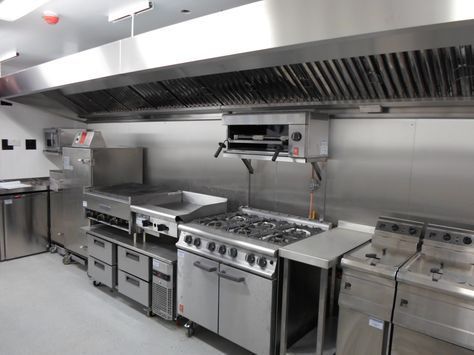
One word of warning when applying stainless-steel when most appliances are also stainless; the backsplash might overdo the stainless steel appear and also make the kitchen area search sterile like a medical facility. Everyone generally appears to be searching for simple kitchen backsplash ideas, and also for those who actually are, you have come to the right place.
Industrial Restaurant Commercial Stainless Steel Kitchen Sink with

You can find a plenty of changes in recent years in terms of kitchen design ideas, especially custom kitchen area backsplash trends. The function of the sealant here's enhancing the overall look of your tile so ensure you find the right sort for the backsplash of yours. But it is undeniable that the cup floor tile kitchen backsplash ideas are travelling to expensive.
Regency Spec Line 30″ x 96″ 14 Gauge Stainless Steel Commercial Work Table with 4″ Backsplash and Undershelf
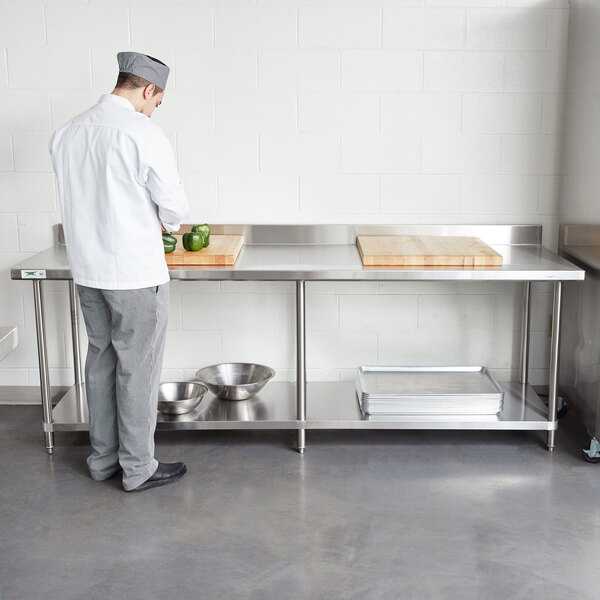
75 Industrial Kitchen with Metal Backsplash Ideas Youu0027ll Love
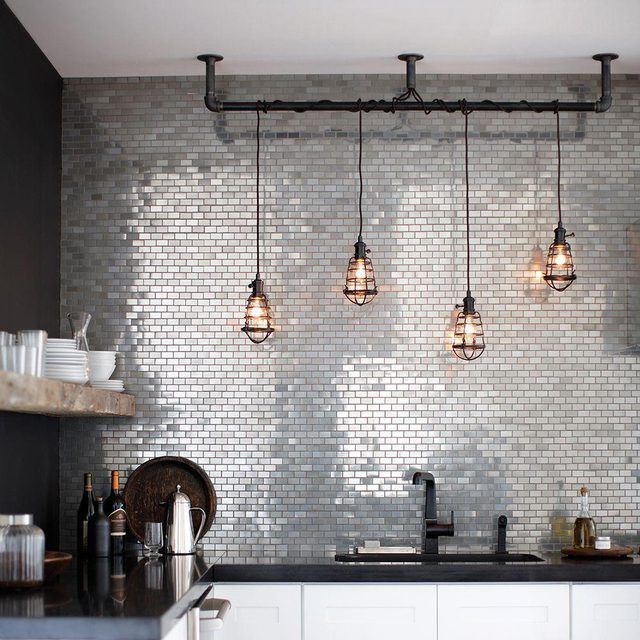
lingered upon

Stainless Steel Backsplash Installation Fishersville VA
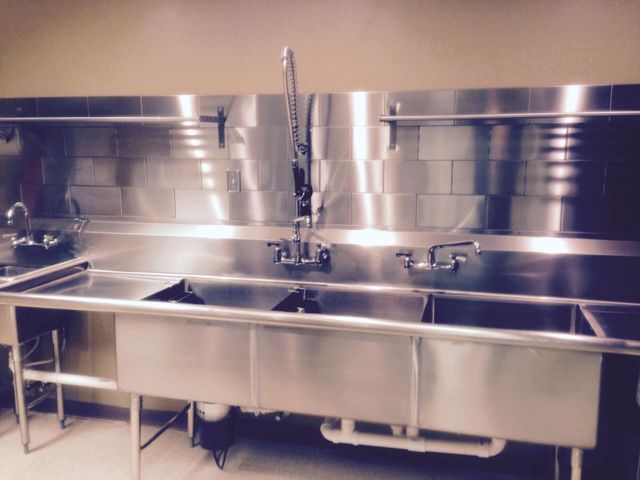
Stainless Steel Backsplash Installation Fishersville VA
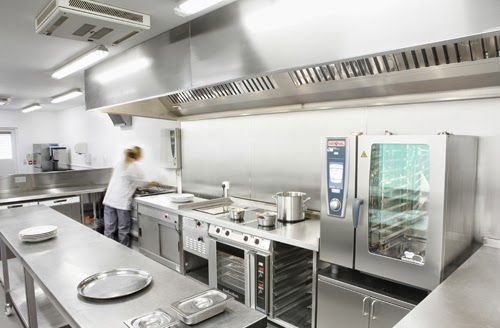
How Tile a Backsplash: Choosing and Installing the Tile u2013 Rubi
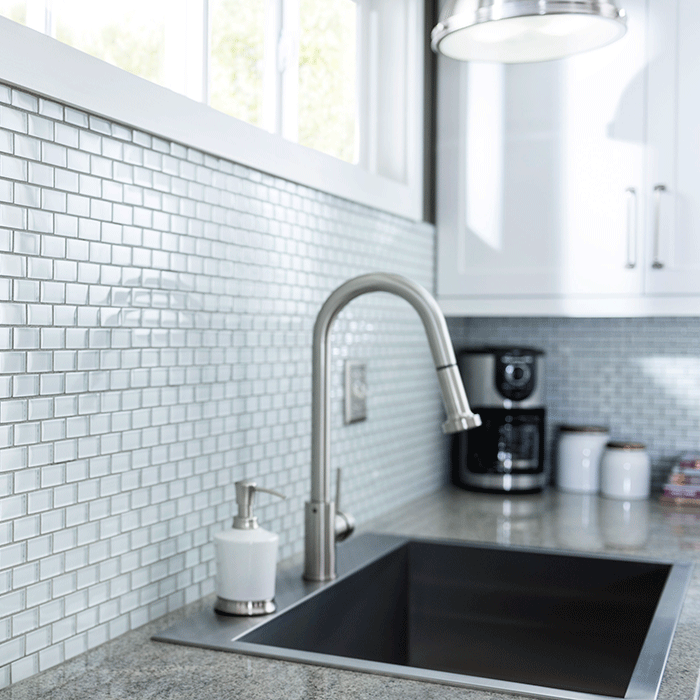
Commercial Kitchen Tile in Los Angeles, CA Wilshire Tile, Inc.
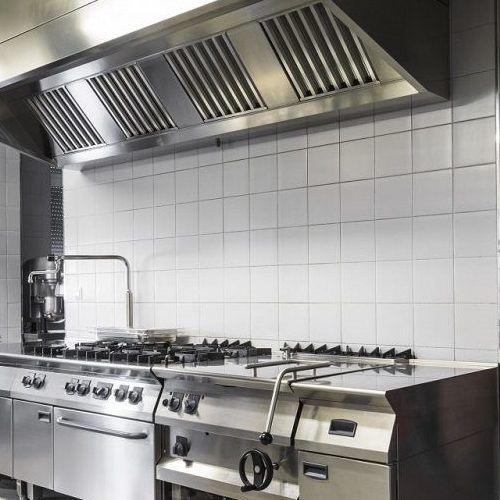
Washable Commercial Restaurant Kitchen Backsplash 3d Walls Mosaic
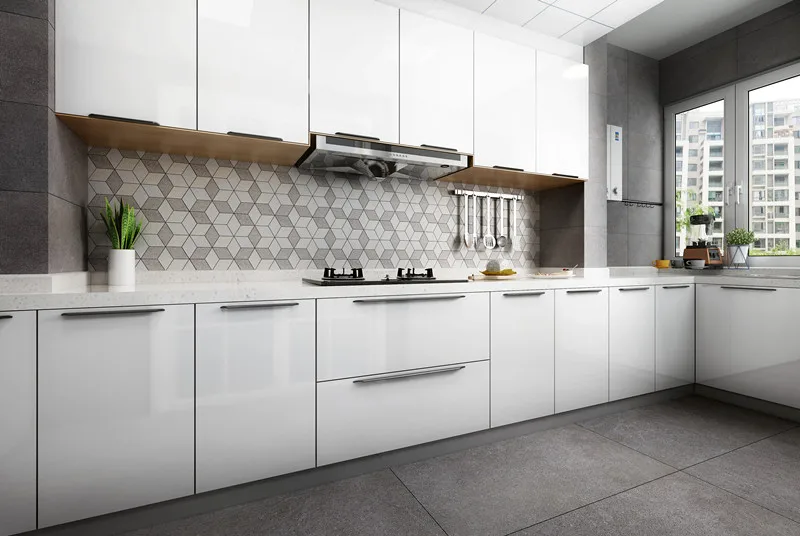
Stainless Steel Backsplash Installation Fishersville VA
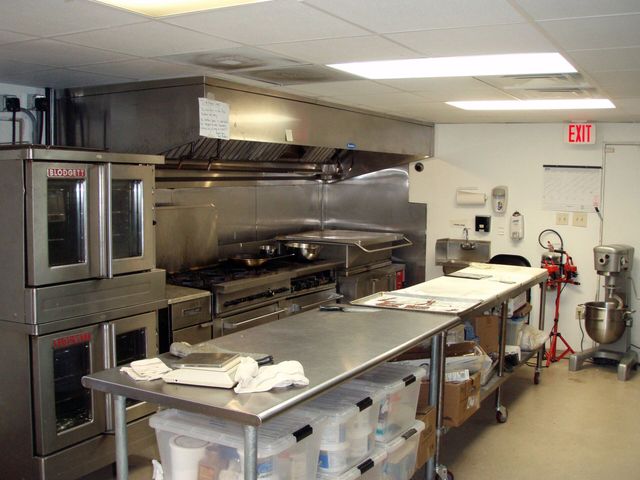
Related Posts:
- Magnetic Kitchen Backsplash Tiles
- Lightweight Kitchen Backsplash
- Lantern Tile Kitchen Backsplash
- Contemporary Kitchen Backsplash Images
- Red White Black Kitchen Backsplash
- Backsplash Ideas For Kitchen On A Budget
- Kitchen Backsplash With Dark Brown Cabinets
- Country Kitchen Backsplash Pictures
- Chicken Kitchen Backsplash
- Kitchen Backsplash Trim Ideas